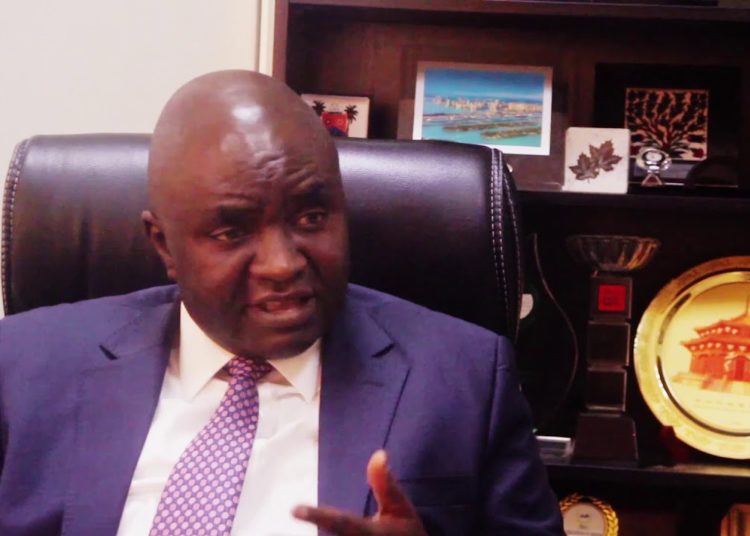Nigeria’s six-month ban on raw shea nut exports has sparked concerns over market disruptions, with shea nut prices plummeting by over 30 per cent and existing export contracts facing potential default, says the Centre for the Promotion of Private Enterprise (CPPE).
The director-general of CPPE, Dr. Muda Yusuf stated this yesterday, adding that, the federal government’s six-month ban on raw shea nut exports is intended to accelerate domestic value addition and support Nigeria’s industrialization drive.
“While the goal is laudable, the instantaneous implementation of the ban has created severe disruptions in the shea nut value chain—hurting farmers, aggregators, exporters, and logistics providers. This brief argues for a phased, consultative transition framework to safeguard investor confidence, preserve hard-won gains in non-oil exports, and ensure inclusive, market-driven growth,” he stated.
According to Yusuf, Nigeria holds significant potential in the global shea nut market, accounting for an estimated 40 per cent of global production. Moving up the value chain through local processing could generate jobs, foreign exchange, and industrial capacity.
“However, policy credibility is crucial: sudden bans on exports with immediate effect introduce uncertainty, heighten risk, and undermine investor confidence—deterring investment not just in shea but across the broader non-oil export sector.”
He noted that, “abrupt policy shifts send negative signals to investors, who may perceive higher policy risk in Nigeria. The progress made in non-oil exports of over $3 billion in the first quarter of 2025, could be reversed if confidence declines.”
Yusuf urged the government to adopt a phased transition approach by introducing clear timelines for phasing out raw exports, allowing businesses to adjust operations.
He called for enhanced competitiveness of local processing by addressing lstructural challenges such as power supply, logistics, infrastructure, financing to enable processors to purchase raw materials at market prices and still compete internationally.
He also noted that farmers should capture fair market value for their produce, sustaining rural livelihoods and incentivizing production, saying that there should be establishment of regular consultative platforms involving farmers, processors, exporters, and financiers.
CPPE CEO explained that “local value addition is a critical step toward Nigeria’s economic diversification, but it must be pursued in a way that is strategic, inclusive, and market-friendly.
“A phased transition supported by structural reforms will protect rural incomes, sustain non-oil export growth, and ensure that processors thrive on competitiveness rather than on a regime of subsidized raw materials.
Policy stability and stakeholder engagement are essential to achieving a win-win outcome for farmers, processors, and the broader economy, Yusuf emphasized.





